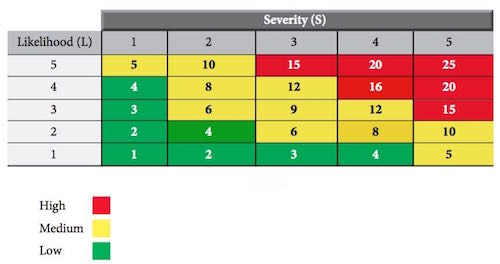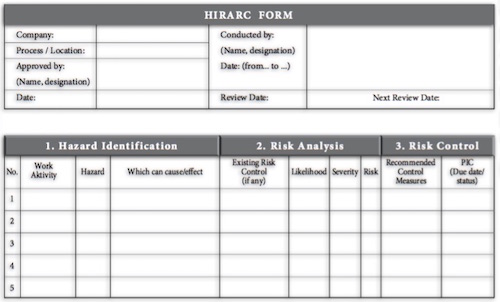Noise Induced Hearing Loss - Noise is disturbance sound and unwanted. Exposure to high noise levels can cause hearing loss or deafness. Hearing loss due to occupational noise is a disease of hearing loss that occurs as a result of exposure to noise at work.
The most common cause of hearing loss is excessive noise either exposed to very loud noise, fire or machinery in the workplace once or repeatedly heard from time to time is potentially in damaging to the important senses. There are two types of hearing loss due to occupational noise:
- Acoustic injury, the hearing loss caused by injuries ear organs immediately after exposure to extreme noise.
- Effects of deafness due to noise exposure in the long run.
Among groups of workers at risk of hearing loss due to occupational noise are:
- Textile workers
- Steel mill workers
- quarry workers
- Military and police practice shooting
- Workers in food processing industries
- Employees at the airport
- Metal industry workers
- Furniture factory workers
Diagnosis of noise-induced hearing loss can be made to see a doctor to examine the ear and audiometric testing. Audiometric test is a special test to confirm you are experiencing hearing loss. This test was conducted in a special room called Audiometry Room. This test will be conducted by a physician or a qualified officer. Before the test, you must not be exposed to noise for at least 14 hours.
Once you've confirmed suffer hearing loss due to occupational noise, it's time for further treatment from a specialist of Ear, Nose and Throat (ENT). Please report this to your employer. Treatment options for hearing loss is to use a hearing aid or surgery.
You can still work if found to suffer from hearing loss due to occupational noise, conditionally you have been confirmed for the job by the doctor conducting a medical evaluation suitability for work.
Suitability to work is based on the following factors:
- You will no longer be exposed to excessive noise in the workplace.
- Lack of hearing does not interfere with the ability to do your job.
- Lack of hearing does not cause risk of injury to you and others.
- Telling these problems to employers .
- Ask the employer to measure noise levels in the workplace.
- Ensure that employers implement noise control measures are adequate and appropriate, such as installing sound-absorbing, isolating noisy machinery, implements automatic machine operation and provide and promote the use of hearing protection devices such as ear plugs and ear covers.
Hence, to take care of your hearing, make sure to wear hearing protection to be able to enjoy all favorite music or sound.














